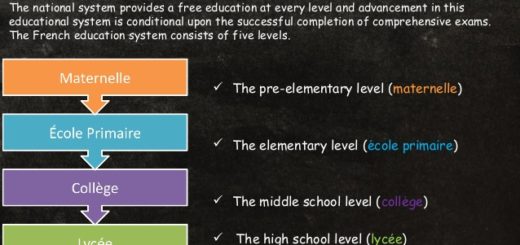11 + Preparation – Tips and Hints on how to prepare by Ranulph Tees, Founder, Cavendish Milton
11+ and Pre-Test Preparation:
A succinct guide with hints & tips for success
Every January, roughly 20% of the country’s brightest pupils in Year 6 will sit a round of examinations called the 11+, and in some cases an exam called the Pre-Test.
These exams are used for entry to all local grammar schools and most private schools, and some schools on an awards/scholarship basis. London has hundreds of schools which use these exams as part of their entry criteria for admission to Year 7 (or Year 9 in some cases).
For kids and parents alike, the process is daunting. The exams are fiendishly difficult; some of the Maths exams have been known to perplex A-Level students. And for many children, it is the first time they take a set of major exams.
This guide is will help you and your child prepare for the exams. It is a distilled account of my own experiences, having guided hundreds of pupils and families through the process.
How to Prepare
More than anything, I would recommend preparing according to the following age-old principles:
- It’s a marathon not a sprint, so start early if possible
This principle is a golden rule if you’re fortunate enough to be in a position to follow it. Based on the data I’ve collected over several years, pupils who begin preparing in Year 4 are statistically the most likely to be successful in application to their first-choice school.
- A little and often is the best approach
This principle is a crucial addendum to the above, because I have also seen how pupils who work at 100% capacity from Year 4 onwards are also the most likely to suffer from a stress-induced breakdown. Shockingly these are not rare, but they can be avoided by adopting best practice techniques. 20 minutes a day, 3-5 times a week after normal homework should be a sufficient amount of additional work in Year 4, then gradually ramping up the hours through Year 5 and into Year 6.
- Theory first, then practice
By this, I mean that pupils must learn all the methods and techniques in Maths and English before they start doing practice exams, and learn these methods correctly. This can be very difficult for parents to do themselves, so this is where using a specialist 11+ tutor can be particularly helpful.
- Practice makes Perfect
Once the theory is in place, then it is time to begin practice papers. As a rule of thumb, pupils should aim to have all the theoretical knowledge in place by the end of Year 5, which means that they need to finish the whole of the KS2 curriculum an entire year early. This is a challenge, but achieving it means that pupils then have a solid 6 months to practice all the past papers before taking the real exam. N.B. Many Grammar schools take their exams in September, in which case the aim should be to complete KS2 18 months early in approx. March of Year 5
- Tailor preparation to match the exam
The 11+ is not a single exam, nor is it a homogenous set of exams. There are two main vendors (GL Assessment and CEM) who have distinct styles of assessment, and many private schools also set their own individual exam. Work out which subjects will be tested and how they’ll be assessed. For example, if your child is applying to schools that do not assess creative writing, then there is no point doing creative writing preparation. If they’re doing mostly multiple-choice exams, practice multi-choice technique.
What Else Can You Do?
More than anything else, you can do the following:
- Do not stress, it is only an exam
This is a point aimed as much at parents as it is at pupils. It is so important to remember, this exam will not define your child’s chances of success in life. A bright pupil who works hard will get stellar GCSEs and A-Levels regardless of the school he or she goes to, and there are many situations in which being a high-achiever in a less successful school is a major advantage (university application being one of them).
- Reduce Pressure
Similar to the above, there is no point putting your child under pressure for this exam; it is counter-productive and they will perform worse as a result. Put yourself in your child’s shoes: they’ve been alive for 10 years, and can only consciously remember the last 5. If they’ve been preparing under pressure for 2 years, that is 20% of their life and 40% of their conscious experience. The result is that the exam takes on an existential property for several pupils, becoming this life-defining object of dread. I cannot emphasise strongly enough how much of a negative impact this has. Much better to work in a low-pressure environment, where the exam is seen as competition with oneself to do one’s best, rather than as anything else.
There is so much more I can say about the 11+. It is a minefield of an exam. If you’d like to hear more, come hear me speak with Mums In The Wood. I look forward to answering your questions there.
Ranulph Tees is the founder and Managing Director of Cavendish Milton Ltd.
They are a team of private tutors, educational consultants and EdTech specialists who focus on the 11+ and its related exams.









